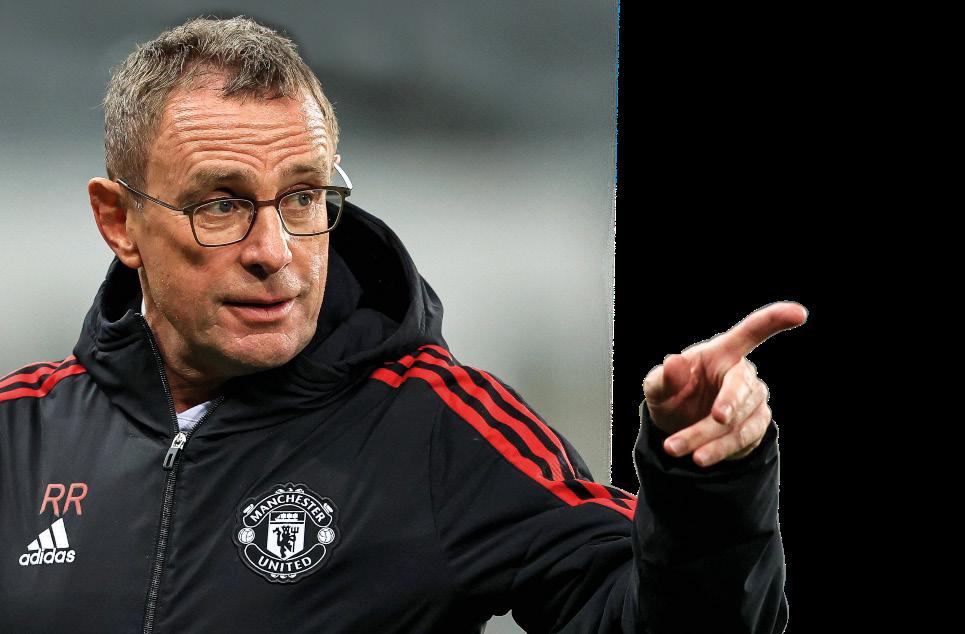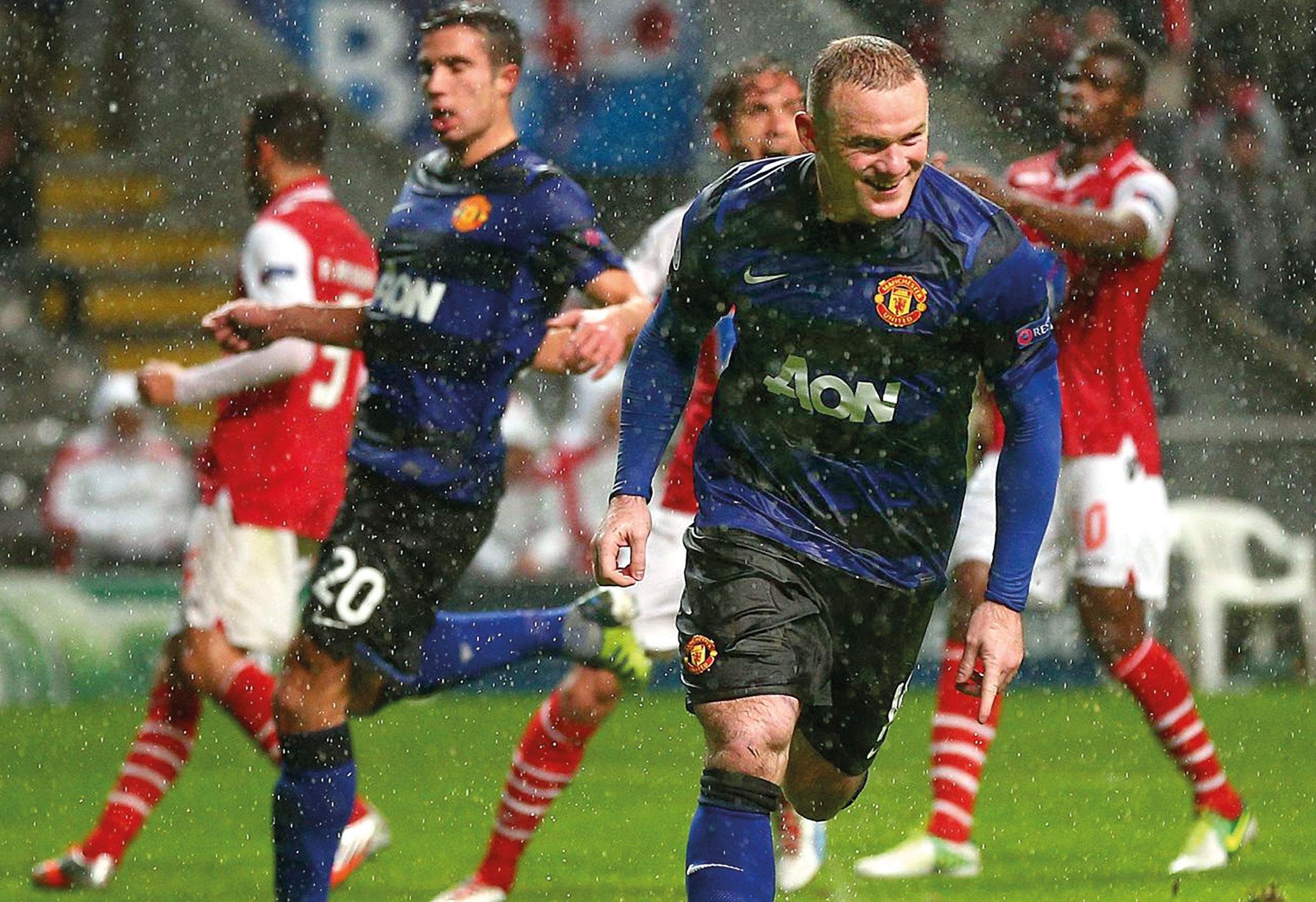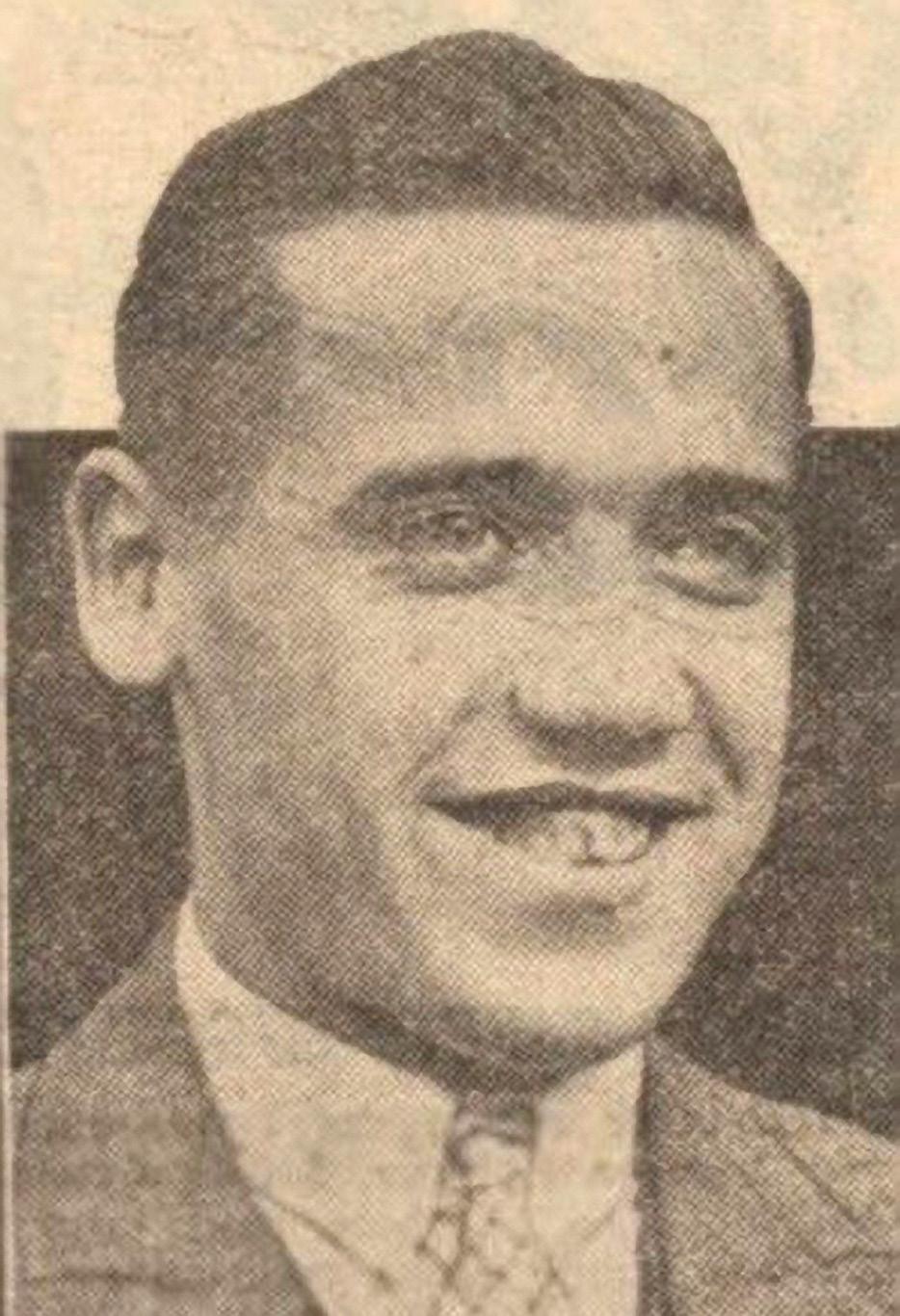
7 minute read
THE WOODWARD LEGACY
by Robert Mizzi
After nearly 10 years as CEO of Manchester United, Ed Woodward has been recently succeeded by Richard Arnold. In this article, I will try to give an overview of the Woodward legacy and how Manchester United have found themselves in their current situation after a catalogue of dubious, if not outright ridiculous, decisions that have contributed to the disintegration of the ethos of Manchester United.
A little bit of background to start with. In 2005, Woodward advised Malcolm Glazer and the Glazer family during their successful takeover of Manchester United. The Glazer family thanked him by recruiting Woodward to join the club in a “financial planning” role.
Two years later, Woodward was given charge of the commercial and media operations of Manchester United. It was in this role that Woodward is credited for United’s success in tying up lucrative sponsorship deals with companies around the world and become renowned for his business acumen.
As a result, Woodward was appointed to the board of directors and named executive vice-chairman of Manchester United in 2012. After the retirement of CEO David Gill in 2013, Woodward was promoted to the top operational role at Old Trafford in a restructuring of the club’s boardroom. Woodward was succeeded this January by Richard Arnold. Woodward which have inevitably define his legacy at Manchester United.
2013-14: The disastrous first window It is claimed that David Moyes had instructed Woodward to target Cesc Fàbregas, Thiago Alcântara, Ander Herrera, Leighton Baines and Marouane Fellaini and ended up with only Fellaini on the final day, paying £4m more than the £23.5m buyout clause. Not a great start! Juan Mata’s £37.1m arrival the following January was an improvement, but United’s transfer shenanigans had just begun.
2014‑15: The over‑the‑top transfers Louis van Gaal came in to replace Moyes and incredibly, seven players were added to the squad. Ángel Di María’s arrival for a British record £59.7m from Real Madrid and Radamel Falcao’s £16m loan from Monaco were followed by five other acquisitions being Herrera (£29m), Luke Shaw (£27m), Vanja Milinkovic-Savic (£1.5m), Marcos Rojo (£16m) and Daley Blind (£13.8m). The socalled galácticos proved a disaster.
2015‑16: The low‑key transfers Woodward and Van Gaal plumped for six signings without an established A-list talent in a move that, again, seemed too polar a reaction to 12 months before. In came Matteo Darmian (£12.7m), Memphis Depay (£25m), Morgan Schneiderlin (£17m), Bastian Schweinsteiger (£6.5m), Sergio Romero (free) and Anthony Martial (an initial £36m). Martial arrived on a final day that also brought the drama of David de Gea’s collapsed move to Real Madrid (remember faxgate?). The Spanish club blamed United, who countered by citing their time-stamped faxes as evidence, and suggested Madrid had left it too late.
2016‑17: The return of Pogba and Zlatan After 13 players had been recruited during the previous two summers, Woodward and his new manager, José Mourinho, went for four players in what remains the highest spend of the Woodward era: £149m.
Despite a (then) world record £89m for Paul Pogba, and £30m apiece on Eric Bailly and Henrikh Mkhitaryan, it was the free signing which highlighted another hodgepodge stratagem. This was the bringing in of Zlatan Ibrahimovic, a 35-year-old whose arrival meant the 21-year-old Martial was shoved to the margins as United adopted a plodding style. With hindsight, this was a devastating blow to Martial’s confidence from which I believe he never recovered.
Although Ibrahimovic scored 28 goals and United won the League Cup and Europa League, our beloved team still ended 24 points behind EPL winners Chelsea.
2017‑18: The rebuild transfers Ibrahimovic’s serious knee injury ended his stint at United and Mourinho sought to construct a more rounded side that could challenge. In came Victor Lindelöf (£31m), Romelu Lukaku (£75m) and Nemanja Matic (£40m) in a £146m outlay. Alexis Sánchez joined the following January, in a swap that took Mkhitaryan to Arsenal, and included a lot of theatrics and social media gimmicks.
We can probably look back at this event as the birth of United being labelled as Social Media FC – a term that I dislike profoundly but have to admit that it is sadly a reality.
United ended runners-up. The 81 points still left United 19 behind title winners Manchester City but remains, to date, the highest points tally achieved by a manager in the post SAF era.
2018‑19: The disappointing transfers Mourinho was provided with only three players – Diogo Dalot (£19m), Fred (£52m), and Lee Grant (free) – and no one in the position he really wanted to strengthen: that of a centreback. Among those identified were Leicester’s Harry Maguire and Bayern Munich’s Jérôme Boateng. Woodward balked at the prices quoted at the time, but we all know what happened later with Maguire!
It was during this season that Woodward seemingly showed some appetite for appointing a Director of Football. He left his post without ever doing so!
2019‑20: The reboot transfers Woodward’s sixth summer transfer season, and it was hoped that lessons had been learned from the past and a future in which Ole Gunnar Solskjær drove identification of the ideal United recruit looked positive.
OGS brought in Daniel James (£15m), Aaron Wan-Bissaka (£50m) and – surely, to Mourinho’s chagrin – Maguire (£80m). Finally, many of us thought, United had a cohesive set of additions and Woodward’s downgrading of the proposed Director of Football post to Technical Director made sense. Or maybe it didn’t!
The winter transfer window brought Bruno Fernandes for £47m (along with loanee Odion Ighalo – another questionable decision), and the Portuguese midfielder propelled United to third, I would add, almost single-handedly. Factor in Mason Greenwood’s growth from academy starlet to potential generational star and all seemed rosy in Woodward’s transfer garden.

2020‑21: The window of confusion Jadon Sancho: Dortmund’s demand of €120m was known early so the club should have bought him then, or walked away to concentrate on alternatives. Sancho was Solskjær’s No 1 target but Woodward decided on a wait-and-see tactic hoping Dortmund would fold. They didn’t.
Instead Solskjær acquired two 18-year-olds, Facundo Pellistri (£10m) and Amad Diallo Traoré (£18.2m, to join in January), while Donny van de Beek (£35m), Edinson Cavani (free) and Alex Telles (£15m) made it five signings in all, though only Telles may prove a first choice. Only Van de Beek joined early in the transfer window with all the rest becoming United players on the deadline day - just as Fellaini did in Woodward’s opening window.

2021‑22: Woodward’s last summer transfer window The signing of Jadon Sancho from Borussia Dortmund - a long-term target, finally happened to the tune of £76.5m. In an attempt to strengthen the central defence, Woodward brought in Raphael Varane for a cut-down fee of ‘just’ £36m (he had an expiring contract). Tom Heaton’s contract at Aston Villa was coming to an end and he joined United on a free transfer. And then CR7 happened - literally out of the blue (pun intended). A signing that has divided most of the United fans in recent months.
After a very disappointing first half to the season during which Solskajer was sacked and replaced by interim manager Ralf Rangnick, United were tipped to return into the transfer market in January. Much to the annoyance of fans, Man Utd did not sign a single player during this transfer window.
To sum it all up… In my opinion, the above overview of the transfer windows overseen by Woodward depicts a very mediocre picture of a club that has lacked direction, managers who did not get the players they identified (and consequently got sacked), and an overall lack of understanding of the ethos of Manchester United.
If one had to look at some of the contracts and salaries agreed to during the Woodward era, one can easily conclude that there were various instances of gross mismanagement that contributed to the situation our beloved club finds itself in today. To name just a couple of contracts – the 5-year contract given to Phil Jones and the Alexis Sanchez debacle! There are many others.
The icing on the cake of Woodward’s tenure was the dragging of our beloved club into the European Super League drama that saw the United fans go up in arms. The fact that Woodward announced his retirement immediately after the Super League hullaballoo may, or may not, be a coincidence.
Woodward presided over a series of bigmoney signings but United did not win the Premier League while he was in his post, and he has proved an unpopular figure with the club’s supporters. The Glazers kept him in high esteem till the very end, also thanks to the huge commercial deals he has overseen during his tenure.
Let us hope that his successor has learnt from the past mistakes and leads United to the much-needed restructuring from the roots. Whether this will be possible or not with the current owners remains to be seen.














